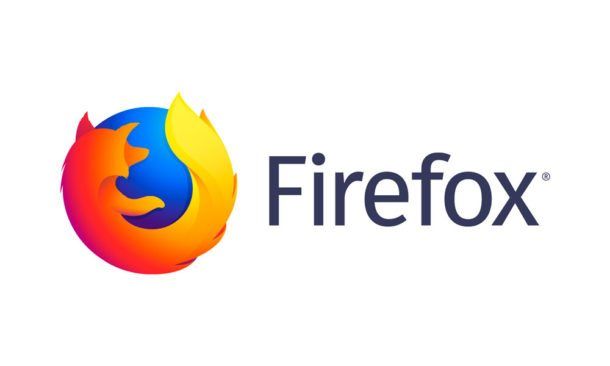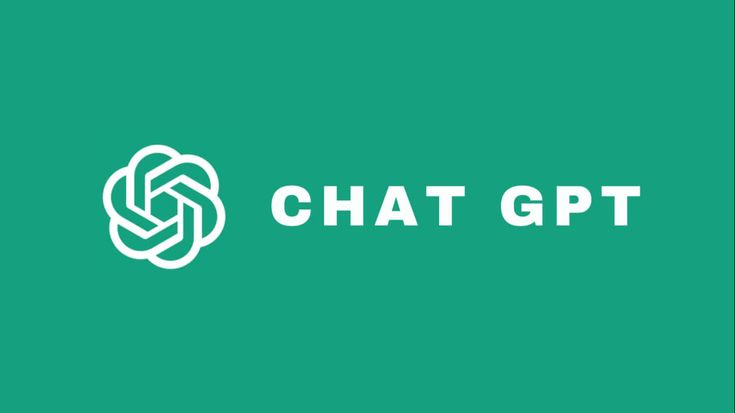A search engine is a web-based tool that enables users to locate information on the World Wide Web. Popular examples of search engines are Google, Yahoo!, and MSN Search. Search engines utilize automated software applications (referred to as robots, bots, or spiders) that travel along the Web, following links from page to page, site to site. The information gathered by the spiders is used to create a searchable index of the Web.
Search Engines:
Search Engine Components: Generally there are three basic components of a search engine as listed below
- 1, Web Crawler
- 2. Database
- 3. Search Interfaces
Web crawler : It is also known as spider or bots. It is a software component that traverses the gather information.
Database: All the information on the web is stored in database. It consists of huge resources.
Search Interfaces : This component is an interface between user and the database. It helps the user to search through the database.
Search Engine Working:

Web crawler, database and the search interface are the major component of a search engine that actually makes search engine to work. Search engines make use of Boolean expression AND, OR, NOT to restrict and widen the results of a search Following are the steps that are performed by the search engine:

The search engine looks for the keyword in the index for predefined database instead of going directly to the web to search for the keyword. It then uses software to search for the information in the database. This software component is known as web crawler. Once web crawler finds the pages, the search engine then shows the relevant web pages as a result. These retrieved web pages generally include title of page, size of text portion, first several sentences etc.
These search criteria may vary from one search engine to the other. The retrieved information is ranked according to various factors such as frequency of keywords, relevancy of information, links etc. User can click on any of the search results to open it.
Architecture:
The search engine architecture comprises of the three basic layers listed below: Content collection and refinement. User and application interfaces
Intelligent Agents (Bots):
An intelligent agent is a type of software application that searches, retrieves and presents information from the Internet This application automates the process extracting data from the Internet, such as information selected based on a criterion, keywords or any specified information/entity to be searched. Intelligent agents are often used as Web browsers, news retrieval services and online shopping An intelligent agent may also be called an agent or bot.

An intelligent agent is primarily used to complement data retrieval tasks, which a traditionally performed manually by humans. Typically, an intelligent agent execuit automatically on scheduled time or when manually initiated by the user. It then searches the entire Internet or on user-defined websites to work on the primary search query/request. When a relevancy or match is found, the intelligent agent copies, extracts or lists that data.
The collected data is then presented in a raw or report-based format to the user. Some advanced-level intelligent agent utilities use artificial intelligence based data inference matching and retrieval techniques, which allows them to collect higher quality and more relevant data. Popular forms of intelligent agents include shopping agents/bots, news feed/alert agents and Web crawlers.
Online Forums and Chat:
A website that provides an online exchange of information between people about a particular topic. It provides a venue for questions and answers and may be monitored to keep the content appropriate. Also called a “discussion board” or “discussion group,” an Internet forum is similar to an Internet newsgroup (see below), but uses the Web browser for access. Before the Web, text-only forums were common on bullet in boards and proprietary online services.
However, Internet forums include all the extras people expect from the Web, including images, videos, downloads and links, sometimes functioning as a mini-portal on the topic.
Forums can be entirely anonymous or require registration with username and password. Messages may be displayed in chronological order of posting or in question-answer order where all related answers are displayed under the question (see message thread).
Forums/Newsgroups vs Chat Rooms:
Forums are like Usenet “newsgroups,” the original Internet discussion groups, and both systems keep postings online for some period of time. Users can scroll back in time and do not have to be logged in the moment they are posted. In contrast, chat rooms are interactive, real-time sessions, and users must be present to read them. See newsgroup and chat room.
Turn a Site into a Forum:
There is a variety of forum creation software for the Web, typically written in Java, PHP, Perl or ASP. The software can be used to create forum-only sites or to add a discussion section to any Web page. See Google Groups and Reddit.
Synchronous vs Asynchronous:
Chat rooms are a synchronous method of online communication, meaning that conversations occur in real time with all the participants logged in and present Forums tend to be asynchronous, as not all participants are always online and discussions occur at a much slower pace. Visitors to a forum can log in hours or even days after a discussion has started and still catch up by reading previous posts.
This is not possible in a chat conversation, as conversations take place at a much faster pace This also means that forums tend to stick to a specific topic, while conversations in chat rooms can rapidly change, depending on the mood of the participants.
Moderation:
Due to the fast pace of chat rooms, they are harder to moderate than forums. Chat rooms sometimes have filters to block inappropriate words, but it is impossible for moderators to check each message before it is displayed without slowing down the conversation considerably. Users may be warned or banned for spamming a chat room with unsuitable content.
The slower pace of forums make them easier to moderate and most forums have very specific rules about what is allowed. Some forums have moderators that check posts before they are displayed on the forum to ensure that nothing inappropriate is shown. Forum moderators also ensure that posters stick to the topic of discussion instead of derailing the conversation.
Longevity:
Forums tend to offer more longevity than chat rooms as the content of forums is archived and crawled by search engines. Forums usually have an integrated search feature via which you can find threads or posts based on keywords or user names which is not possible with chat rooms, Moderators tend to close forum threads that have been inactive for a long time, but the information is still archived for future references, unlike chat rooms where chat logs are not always available.
Technology:
While forums are displayed as ordinary websites in your browser, chat rooms often require the installation of a browser extension, plugin or third-party software such as Java or Flash. This also means that some chat rooms support the use of microphones or webcams for chatting with other users, which is not possible on forums, The text displayed in chat rooms continually refreshes with new posts, appearing automatically as they are added; on forums you have to refresh your browser page to see new posts. Forums often allow users to post images and attachments, functionality which is not supported by all chat rooms.
Community:
To prevent spam posts, forums usually require registration with a valid email address This ensures that the people who post on the forum have a genuine interest in the topics. Users who do not abide by the rules can be suspended or banned by moderators. Forum users will also regularly check back on threads that they are interested in to see if there are any new developments.
Chat users tend to come and go, depending on how interesting they find the current discussion. Most for display a user’s post count, date of registration and signature with his posts, which contribute to a greater sense of community than is available from chat rooms.
In Conclusion-
A search engine is a web-based tool that enables users to locate information on the World Wide Web. Popular examples of search engines are Google, Yahoo!, and MSN Search. Search engines utilize automated software applications (referred to as robots, bots, or spiders) that travel along the Web, following links from page to page, site to site. The information gathered by the spiders is used to create a searchable index of the Web. n intelligent agent is primarily used to complement data retrieval tasks, which a traditionally performed manually by humans. Typically, an intelligent agent execuit automatically on scheduled time or when manually initiated by the user. It then searches the entire Internet or on user-defined websites to work on the primary search query/request. When a relevancy or match is found, the intelligent agent copies, extracts or lists that data.
What is Search Engine Working?
Web crawler, database and the search interface are the major component of a search engine that actually makes search engine to work. Search engines make use of Boolean expression AND, OR, NOT to restrict and widen the results of a search Following are the steps that are performed by the search engine
What is Technology?
While forums are displayed as ordinary websites in your browser, chat rooms often require the installation of a browser extension, plugin or third-party software such as Java or Flash. This also means that some chat rooms support the use of microphones or webcams for chatting with other users, which is not possible on forums, The text displayed in chat rooms continually refreshes with new posts, appearing automatically as they are added; on forums you have to refresh your browser page to see new posts. Forums often allow users to post images and attachments, functionality which is not supported by all chat rooms.
What Are the Differences Between Chat Rooms & Forums?
Chat rooms and forums are both methods to communicate with other people over the Internet, but are used in different ways. Whereas chat rooms allow you to communicate with people in real time, forums are more suited for discussions where not all participants have to be online at the same time. Forums also tend to be more organized, with discussions separated into topics called “threads,” which moderated.
FOLLOW ON TWITTER
NEW POST






